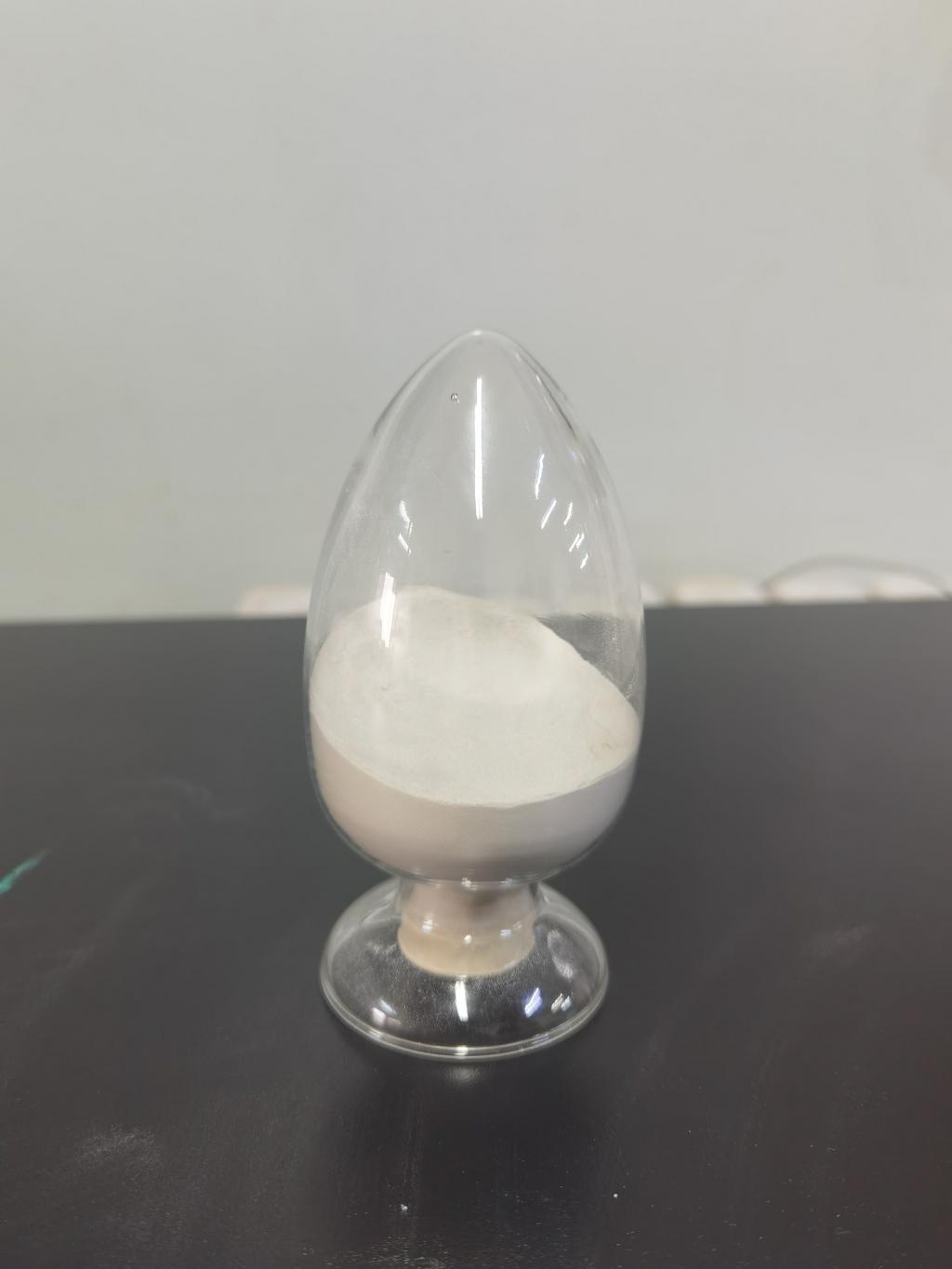Tel:+8618231198596

News
 CONTACT
CONTACT
 CONTACT
CONTACT
- Linkman:Linda Yao
- Tel: +8618231198596
- Email:linda.yao@dcpharma.cn
- Linkman:CHARLES.WANG
- Department:Overseas
- Tel: 0086 0311-85537378 0086 0311-85539701
News
Can Nisin be used in the preservation of non-food products such as cosmetics or pharmaceuticals?
TIME:2023-04-04
Cosmetics Preservation
Cosmetics are products that are applied to the skin or hair to enhance appearance or promote hygiene. They are typically made up of a variety of ingredients, including water, oils, emulsifiers, and preservatives. Preservatives are added to cosmetics to prevent the growth of microorganisms, which can cause spoilage and lead to the development of skin infections. However, some traditional preservatives such as parabens and formaldehyde have been associated with adverse health effects, leading to the search for safer alternatives.
Nisin has been investigated as a potential preservative for cosmetics due to its natural origin and broad-spectrum antimicrobial properties. In one study, Nisin was added to a cosmetic formulation containing water, glycerin, and aloe vera, and its effectiveness against Staphylococcus aureus and Pseudomonas aeruginosa was evaluated. The results showed that Nisin was effective in inhibiting the growth of these microorganisms, suggesting that it could be a useful preservative in cosmetic formulations.
Another study evaluated the use of Nisin in combination with other natural preservatives such as grapefruit seed extract and tea tree oil in a cosmetic cream formulation. The results showed that the combination of Nisin and other natural preservatives was effective in preventing the growth of microorganisms and extending the shelf life of the cream.
Pharmaceuticals Preservation
Pharmaceuticals are products that are used to treat or prevent diseases. They are typically made up of a variety of ingredients, including active pharmaceutical ingredients (APIs), excipients, and preservatives. Preservatives are added to pharmaceuticals to prevent the growth of microorganisms and maintain their stability and efficacy. However, some traditional preservatives such as benzalkonium chloride and thiomersal have been associated with adverse reactions, leading to the search for safer alternatives.
Nisin has been investigated as a potential preservative for pharmaceuticals due to its natural origin and broad-spectrum antimicrobial properties. In one study, Nisin was evaluated as a preservative in a multi-dose ophthalmic solution containing the antibiotic ciprofloxacin. The results showed that Nisin was effective in inhibiting the growth of bacteria and fungi for up to six months, suggesting that it could be a useful preservative in ophthalmic solutions.
In another study, Nisin was evaluated as a preservative in a nasal spray containing the steroid mometasone furoate. The results showed that Nisin was effective in inhibiting the growth of bacteria and fungi for up to one month, suggesting that it could be a useful preservative in nasal sprays.
Conclusion
In conclusion, Nisin is a natural preservative that has been investigated for its potential applications in the preservation of non-food products such as cosmetics and pharmaceuticals. Nisin has broad-spectrum antimicrobial properties and is not associated with any adverse health effects, making it a safer alternative to traditional preservatives. While further research is needed to fully evaluate the effectiveness of Nisin as a preservative in non-food products, the results of preliminary studies suggest that it could be a useful addition to cosmetic and pharmaceutical formulations.
- Tel:+8618231198596
- Whatsapp:18231198596
- Chat With Skype







